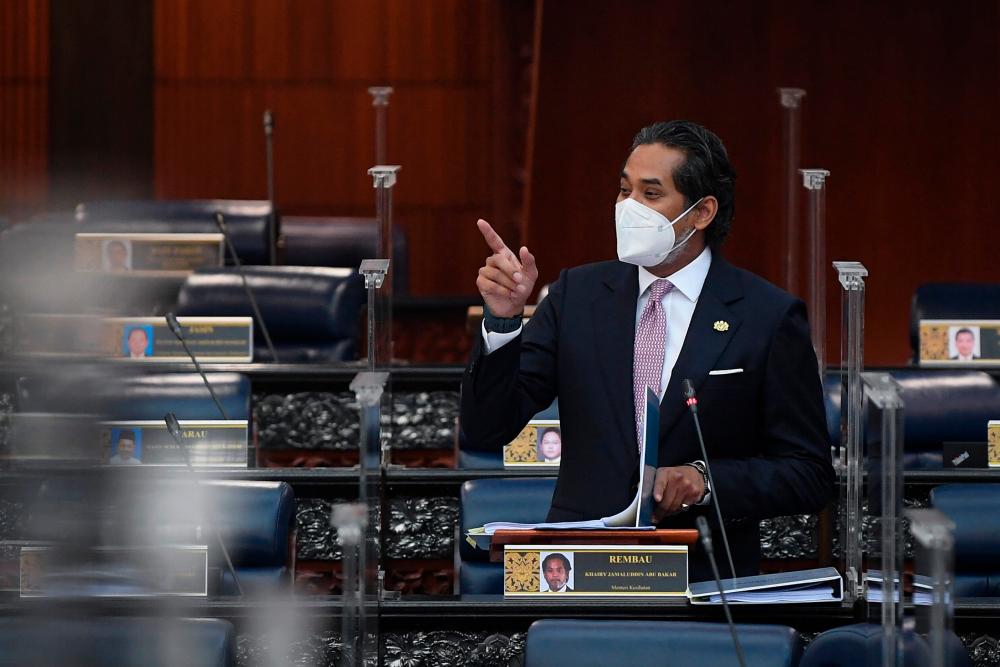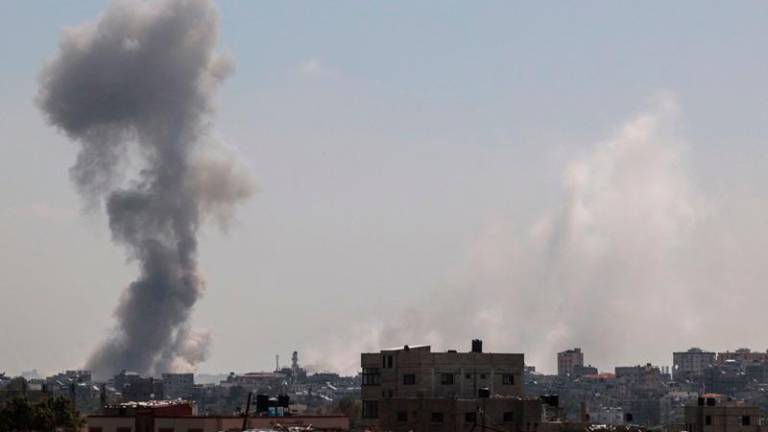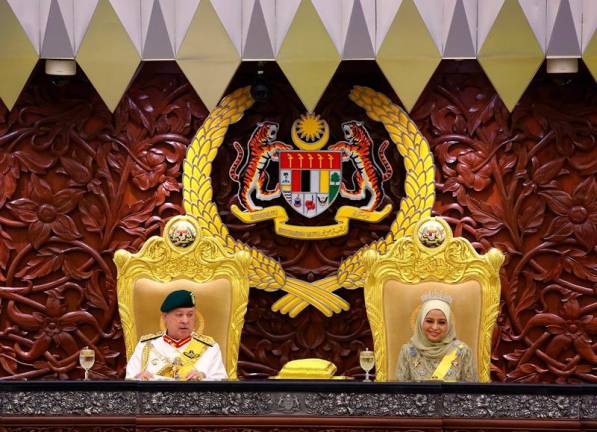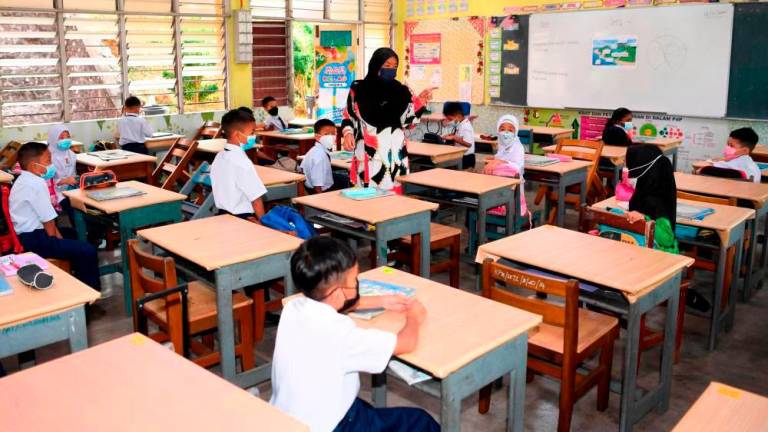KUALA LUMPUR: Is a third dose of the Covid-19 vaccine necessary? Nurashikin Azhari feels strongly that it should be made necessary – for frontliners, at least.
“The third dose is not just necessary, but should be made compulsory for frontliners due to the nature of our work,” the 37-year-old nurse said to Bernama.
Nurashikin, who works in a hospital in Ampang, is one of the many health workers exposed to the risk of contracting Covid-19 on a daily basis. In fact, she said, some of them had seen so many Covid-19 patients that they were able to tell whether or not a patient had been vaccinated merely by observing the severity of symptoms.
“Working in hospitals, we’re aware of level of risk of infection - before and after getting vaccinated,” she said.
Trader Norlizah Edywarman, 21, also wants the booster shot – but for slightly different reasons.
“Ive not gone back to my hometown in Terengganu for a long time. If a third dose is what it takes to allow me to travel, I will readily take it.
“Besides, by protecting myself I’ll also be protecting others. It’s like what the Health Ministry says – kita jaga kita (we take care of each other),” she said.
Construction worker Cheah Woei Ming, however, expressed some doubts on the necessity of a third dose of the Covid-19 vaccine. He hoped the government would provide the public with more detailed information to help them make informed decisions.
“I’m willing to take the booster shot, but before I do, give us more data (on the need for a third dose),” said the 51-year-old.
Johor Bahru businessman Shahrul Hassan, 51, believed the third dose could provide additional protection, particularly for the high-risk groups but hoped it would be given free of charge, as with the first two doses.
On Sept 19, Health Minister Khairy Jamaluddin(pix) announced the availability of the third dose or booster shot of the Covid-19 vaccine starting October for the vulnerable and high-risk groups.
These include senior citizens with co-morbidities, frontliners, the immunocompromised and those who live and work in long-term care facilities.
However, it has not been decided whether or not the booster shot would be made available for everyone else in the country.
Public health expert Assoc Prof Dr Malina Osman viewed the government initiative to avail the booster shot as a good move to prevent a rise of infections from the newer variants, as well as those to come.
“I believe that there’s no issue here as the government made the decision by analysing current data. But I’d like to propose that we also look at the data in countries like Indonesia and India, where there appear to be a decrease in cases despite the lack of booster shot programmes.
“This is so that we can rebut the claims of anti-vaccine groups. We are not questioning the government’s move, but alerting them to possible issues so that that they can address it,” she explained.
She also believed that it was not a problem for boosters shots to comprise a different Covid-19 vaccine than what recipients had previously received, as studies have shown that some combination of vaccines provided better protection.
However, she did not agree with the view of using the booster shot as an incentive to allow interstate travel – not without taking into account the current rate and spread of infection.
“If infectivity rate is low, then it would be okay. But we cannot rely on vaccination rate alone. We need to look at the rest of the data as well,” she said.
Other factors that needed to be taken into consideration were daily cases of less than 500, the number of patients warded and in ICU and the the Covid-19 infectivity rate or R-naught, she explained.
Several countries have started availing Covid-19 booster shots to its citizens. Israel was the first country in the world to offer booster shots to certain segments of its population in early August.
France, the Czech Republic and the US have also started rolling out booster shots for the elderly and vulnerable groups.
On Sept 15, Singapore started availing booster shots for senior citizens who completed their vaccination regimen back in March, as well as for those who are immunocompromised.
The United Kingdom has also started administering Covid-19 booster shots to high-risk groups and those aged 50 and above, in preparation of the upcoming winter where there is usually an uptick in cases of respiratory infections.
Italy has also made the third dose available for its citizens after authorisation from its medicines agency AIFA. -Bernama














